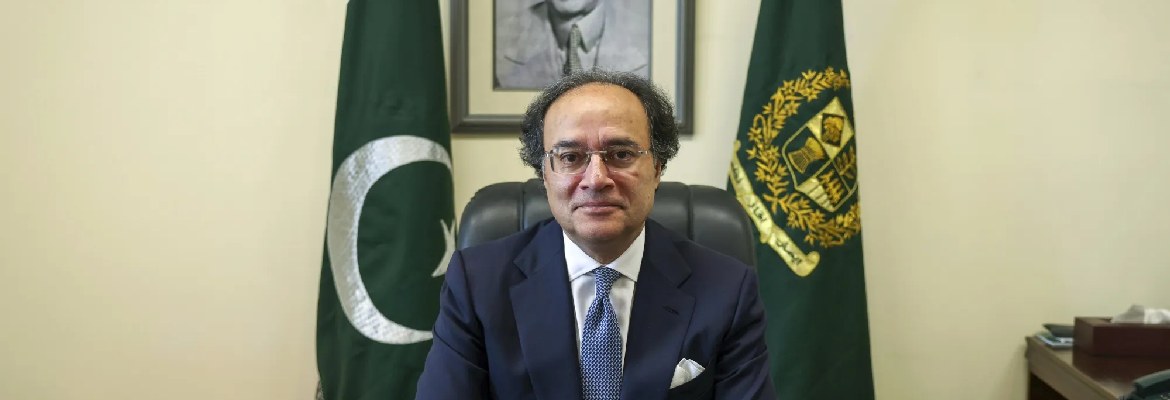Islamabad: Finance Minister Muhammad Aurangzeb has said that while some multinational companies have exited Pakistan, new investors are entering the market — a sign of renewed investor confidence as the economy shows signs of stability.
Speaking on a TV talk show on Wednesday, the finance minister said the departure of certain foreign firms should not be seen as a negative sign, noting that such moves are often part of global corporate restructuring.
“If some companies are leaving, new ones are also arriving — particularly in the energy and digital services sectors,” he said.
Aurangzeb acknowledged that foreign investors still face some hurdles, including delays in the repatriation of dividends, but noted that progress had been made in recent months. “With economic stability returning, Pakistan has cleared $4 billion of backlog in the last two years,” he added.
The minister also highlighted the impact of climate change on Pakistan’s economy, saying the frequency of floods and smog events has increased. “Before the recent floods, GDP growth was projected at 4.2%, but at least 0.4 to 0.5 percentage points will now be shaved off due to flood-related damage — 80% of which occurred in Punjab’s agriculture sector, particularly rice and cotton,” he said.
Read: FM unveils plan to tap Chinese capital markets with Panda Bonds
Aurangzeb stated that the government was prioritising self-reliance, adding that all rescue and relief operations following the floods were being managed using domestic resources. “We are standing on our feet today. Reconstruction might require global support, but rescue and relief are entirely managed locally,” he said.
He added that Prime Minister Shehbaz Sharif had directed Climate Change Minister Musadik Malik to prepare a 300-day plan for climate resilience, noting that the next monsoon season could arrive two weeks earlier than usual.
Discussing fiscal developments, the finance minister said tax collection from wholesalers and retailers had increased by 100% last year, while additional recoveries were made from the sugar, cement, and tobacco sectors.
He noted that income tax relief had been extended to lower- and middle-income salaried classes, with plans to expand it to other segments. Aurangzeb also confirmed that the government is moving toward deregulating wheat and sugar prices, with a comprehensive wheat deregulation policy expected by 2026 to end inter-provincial movement restrictions.
He added that the World Bank had appreciated Pakistan’s tax reform presentation, while Egypt’s finance minister had offered to send a delegation for knowledge-sharing.








